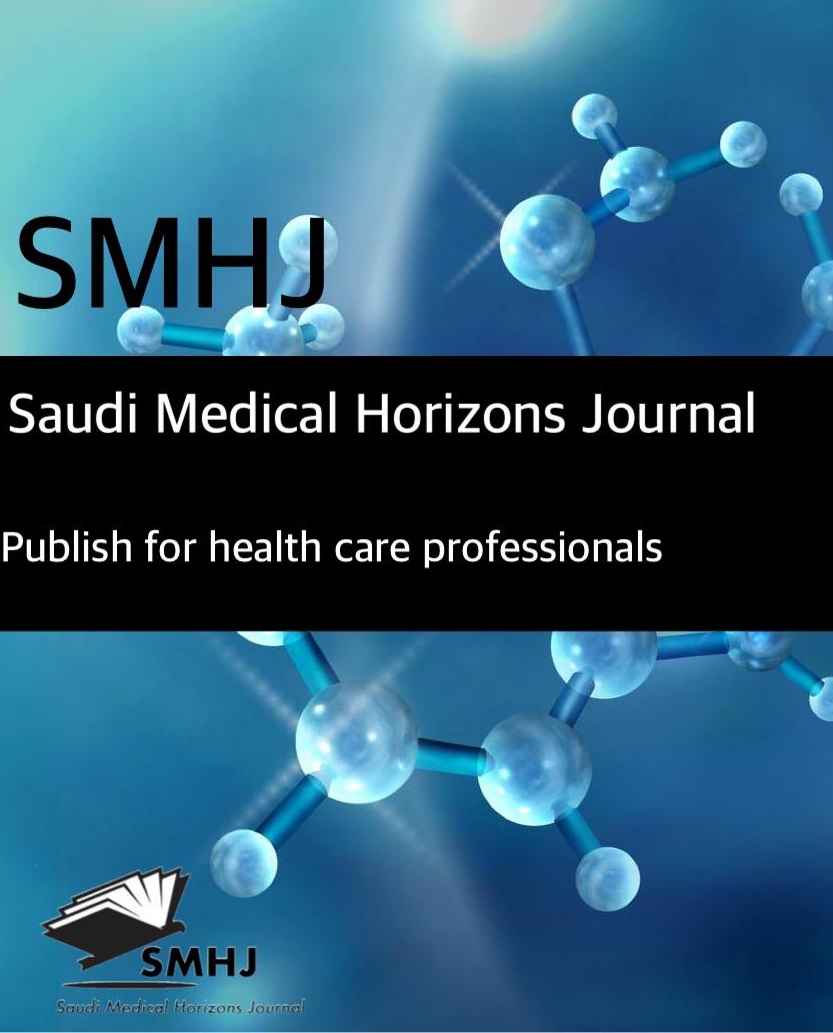Association Between Vaginal Microbiota and Infertility: A Systematic Review
DOI:
https://doi.org/10.54293/smhj.v5i2.150Keywords:
Vaginal Microbiota; Infertility; Reproductive Health; Dysbiosis; Bacterial Vaginosis; Systematic review.Abstract
The aim of this systematic review was to synthesize the available evidence on the relationship between vaginal microbiota and infertility, highlighting key microbial factors and their impact on reproductive outcomes. A comprehensive search of four databases identified 1,216 relevant publications. After duplicate removal using Rayyan QCRI and relevance screening, 605 full-text articles were reviewed, with nine studies ultimately meeting inclusion criteria. The included nine studies involving 1,768 women with vaginal infections. A significant microbial imbalance was observed in infertile women compared to non-infertile women, with a decrease in Lactobacillus and an increase in pathogenic bacteria such as Gardnerella and Mycoplasma. These findings support the inclusion of microbial assessments in infertility evaluations and highlight the potential benefits of managing bacterial imbalances to improve fertility outcomes. We conclude that vaginal microbial imbalance is associated with infertility, suggesting that targeted microbial interventions could benefit fertility treatments. Further researches are needed to explore these relationships in greater depth and apply them clinically.
Downloads
Published
How to Cite
Issue
Section
License
Copyright (c) 2025 Saudi Medical Horizons Journal

This work is licensed under a Creative Commons Attribution 4.0 International License.



